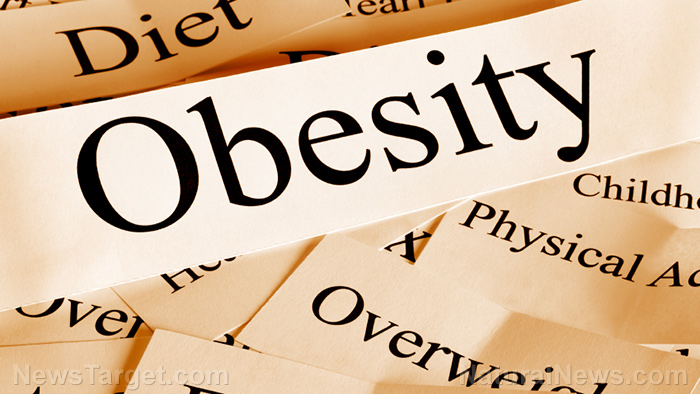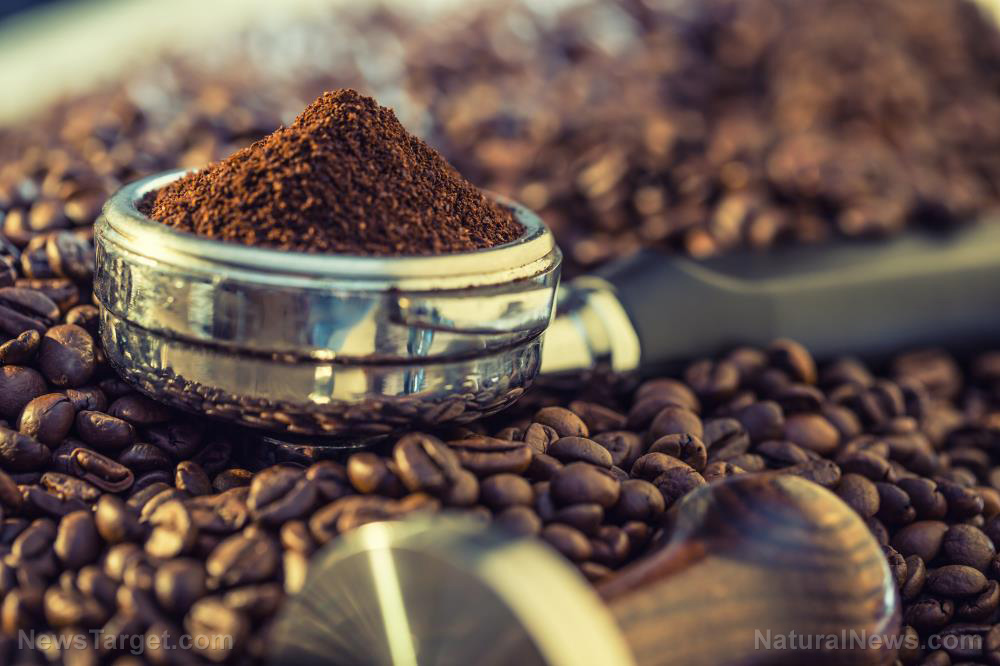Drinking low-calorie sweetened drinks does NOTHING to reduce body weight: Study says effects similar to sugary beverages
10/19/2019 / By Grace Olson

People who want to lose weight might want to think twice before drinking so-called “low-calorie” or “zero-calorie” sweetened drinks, especially since it’s not that different from regular sweetened drinks, according to a recent study in Pediatric Obesity. In their paper, researchers from George Washington University (GW) in Washington D.C. revealed that children and teens who drank low-calorie sweetened beverages consumed just about the same number of calories as those who drank sugary beverages.
“These results challenge the utility of diet or low-calorie sweetened beverages when it comes to cutting calories and weight management,” said Allison Sylvetsky, an assistant professor at GW and lead author for the study.
Not that different
One in three children in the U.S. is obese, according to data from the American Heart Association. This poses many potential health problems for them in the future. Obesity has been linked with cardiovascular diseases and even cancers, such as colon, liver, and kidney cancer.
In an earlier study, Sylvetsky and her team found that children and teens frequently ingest low-calorie sweeteners. These are found in diet sodas, low-calorie juice, sports drinks, and even foods and snacks. In particular, the report revealed a 200-percent increase in the consumption of low-calorie sweeteners from 1999 to 2012.
For this study, the researchers wanted to know how these low-calorie items affect total energy intake, and if they truly help in managing weight. The team collected data from the National Health and Nutrition Examination Survey, which ran from 2011 until 2016. They looked at dietary recall data from over 7,000 children who reported what they ate and drank during a 24-hour period. In particular, the team focused on regular and low-calorie sweetened beverage consumption.
Their findings revealed that the amounts of calorie intake among those who drank sweetened beverages – both low-calorie and regular – were still significantly higher compared to children who only took water. There was a 200-calorie difference between those who drank only water and those who drank sweetened beverages. The study also pointed out that there was no difference in terms of calorie intake between the two kinds of sweetened beverages.
While the team didn’t directly link low or zero-calorie drinks and weight gain, they posited that their findings suggest a connection between sweetened drinks and higher calorie and sugar intake.
“Our findings suggest that water should be recommended as the best choice for kids and teens,” Sylvetsky added. (Related: Sweetened beverages linked to genetically increased risk of obesity.)
Healthy alternatives to sweetened beverages
Indeed, water takes the top spot when it comes to healthy beverages. But people just can’t help but look for some taste in their drinks. Here are fresh and natural alternatives to quell your sugary cravings.
1. Infuse water with fruits
A healthy alternative to commercially flavored water is to make some at home. Slice some fruits and vegetables – like oranges, lemons, or cucumbers – and place them in a pitcher of cold water.
2. Try tea
Tea is a staple across many cultures around the world. Some popular kinds include green tea and jasmine tea. Different teas have different tastes, and they are available in almost every store. You can also grow plants at home and make them into tea.
3. Add citrus fruits to sparkling water
If you crave the fizz in soda, opt for sparkling water instead. Add a few slices of fruit like lemons or oranges and a small amount of natural sweetener like stevia.
For more studies on food research and healthy alternatives, read FoodScience.news.
Sources include:
DietAssessmentPrimer.Cancer.gov
Submit a correction >>
Tagged Under:
calorie intake, cardiovascular disease, diet soda, Food Myths, food science, grocery, healthy alternative, healthy drinks, heart health, high calories, infused water, ingredients, Low calories, low-calorie sweetened drinks, obesity, overweight, research, slender, soda, sparkling water, sugary drinks, sweetened drinks, sweeteners, tea, weight loss, weight management
This article may contain statements that reflect the opinion of the author
RECENT NEWS & ARTICLES
COPYRIGHT © 2017 FIGHTOBESITY.NEWS
All content posted on this site is protected under Free Speech. FightObesity.news is not responsible for content written by contributing authors. The information on this site is provided for educational and entertainment purposes only. It is not intended as a substitute for professional advice of any kind. FightObesity.news assumes no responsibility for the use or misuse of this material. All trademarks, registered trademarks and service marks mentioned on this site are the property of their respective owners.





















